
The UK has taken a big step towards a sustainable future by banning single-use plastics for commercial and residential use. The ban goes into effect on October 1, 2023, marking the beginning of a new era in the global fight against climate change. Extended reading: the UK's toughest plastic ban goes...
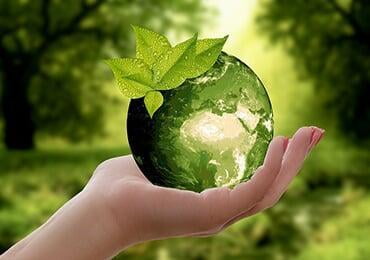
Recently, Wageningen University and Research Center in the Netherlands evaluated the environmental impact and recyclability of single-serving coffee capsules made of different materials under various end-of-life scenarios. Compostable capsules were found to be the most sustainable option when consid...
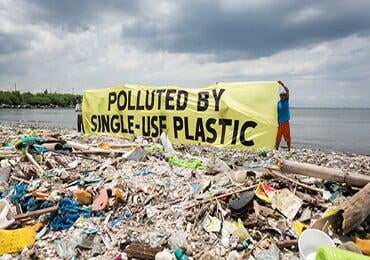
Last week, the world has seen a new round of talks on the first-ever global treaty to curb plastic pollution, with officials gearing up for tough negotiations on whether to limit plastic production or focus only on waste management.
The third session of the Intergovernmental Negotiating Committ...
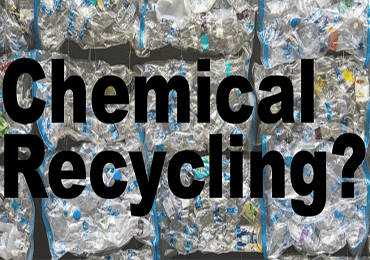
Zero Waste Europe (ZWE) insists that pyrolysis is not a "future-proof" solution in the fight against plastics. In a new report, the organization argues that relying on chemical processes creates a "cycle of vulnerability" rather than a circular economy.
ZWE writes: "Eve...
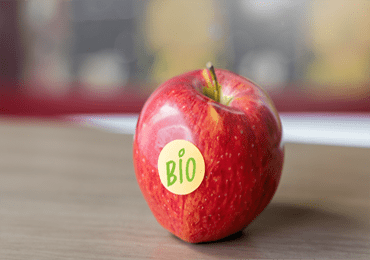
Plastics Europe has expressed serious concerns following the Environment Committee vote on the new provisions of the European Union's Packaging and Packaging Waste Regulation (PPWR). The Plastics Manufacturers Association (PMA) particularly criticized the weakening of quotas for the use of recycled ...

A large number of used plastic bottles are discarded every day, but now microbes may hold the promise of solving the problem. Now, researchers at ACS Central Sciences report that they have developed an edible plastic E. coli that effectively converts polyethylene terephthalate (PET) waste into adipi...
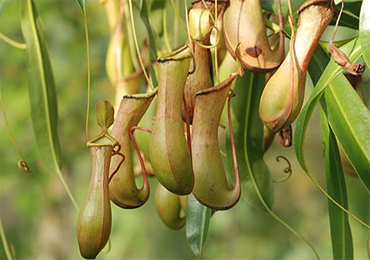
The German Institute for Textile and Fiber Research (DITF) is developing a lignin-based bioprotective coating that extends the service life of textiles made from natural fibers, especially those used in civil engineering.
Depending on humidity and temperature, natural fiber materials can degrad...
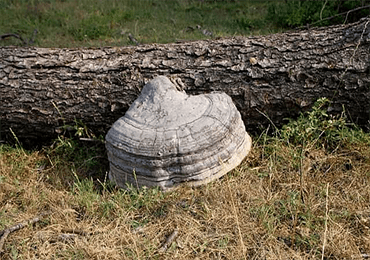
Plastic pollution has become a global environmental crisis, prompting scientists to explore sustainable alternatives. One of the alternatives that has received a lot of attention is the mushroom flint fungus, scientifically known as the woodshoe laminaria. This odd-looking fungus possesses extraordi...
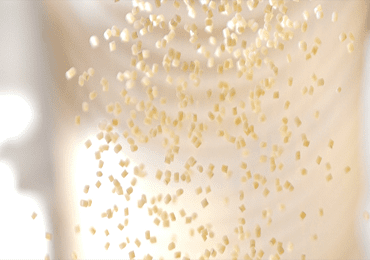
Introduced to the plastics market in 1998, initially as a fossil-based feedstock and later with partially biobased grades, BASF's biobased polymer ecoflex® (PBAT) is the world's first biodegradable, certified compostable polymer. Since then, customers have come to know and trust ecoflex® for it...
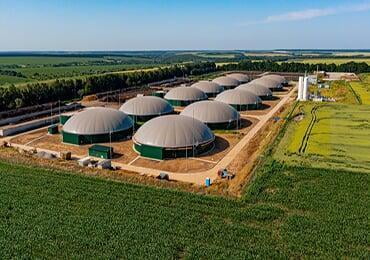
In order to achieve the "carbon neutral goal", China will step up its efforts to promote the clean and low-carbon development of its energy system, and to promote the substitution of low-carbon energy for high-carbon energy and renewable energy for fossil energy.
And among renewable e...